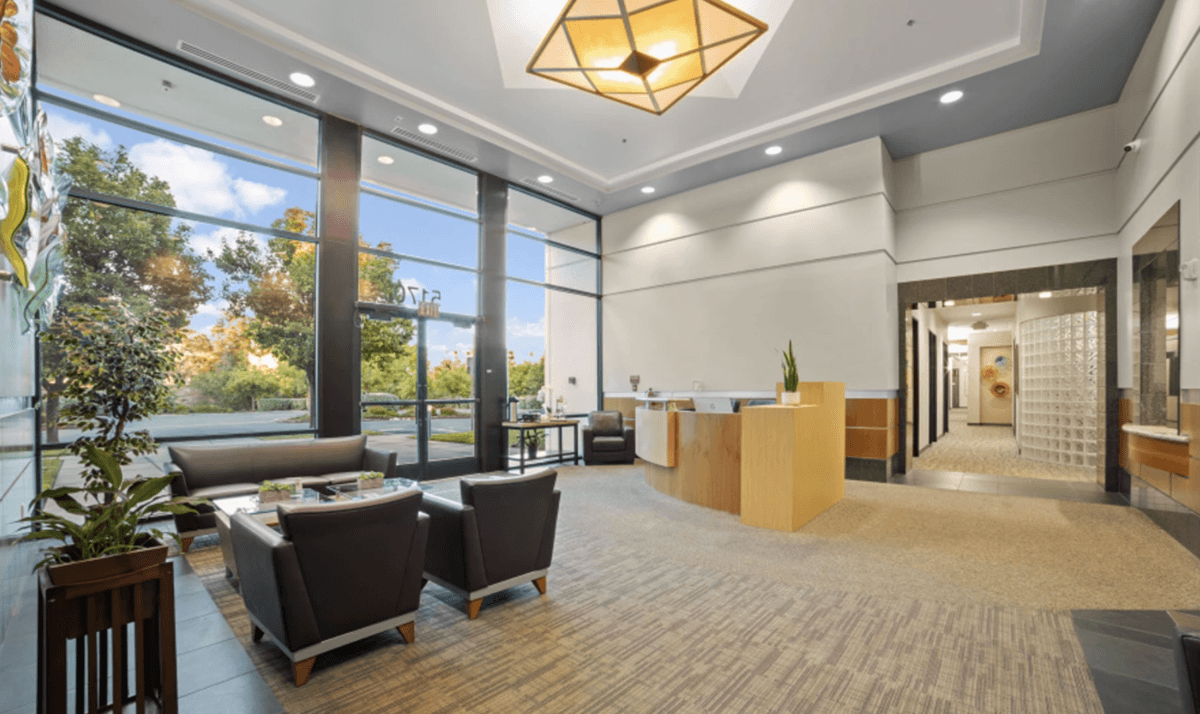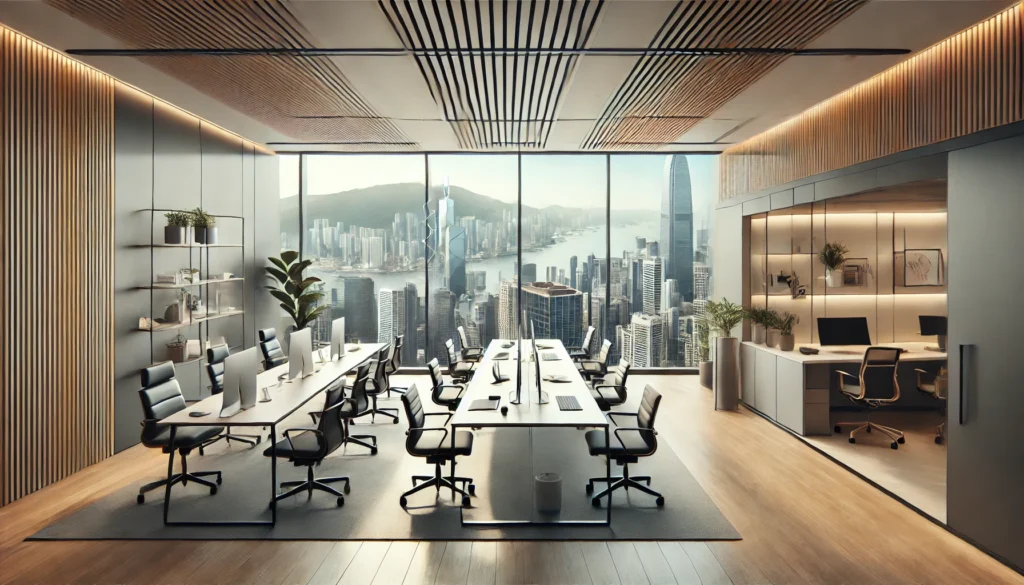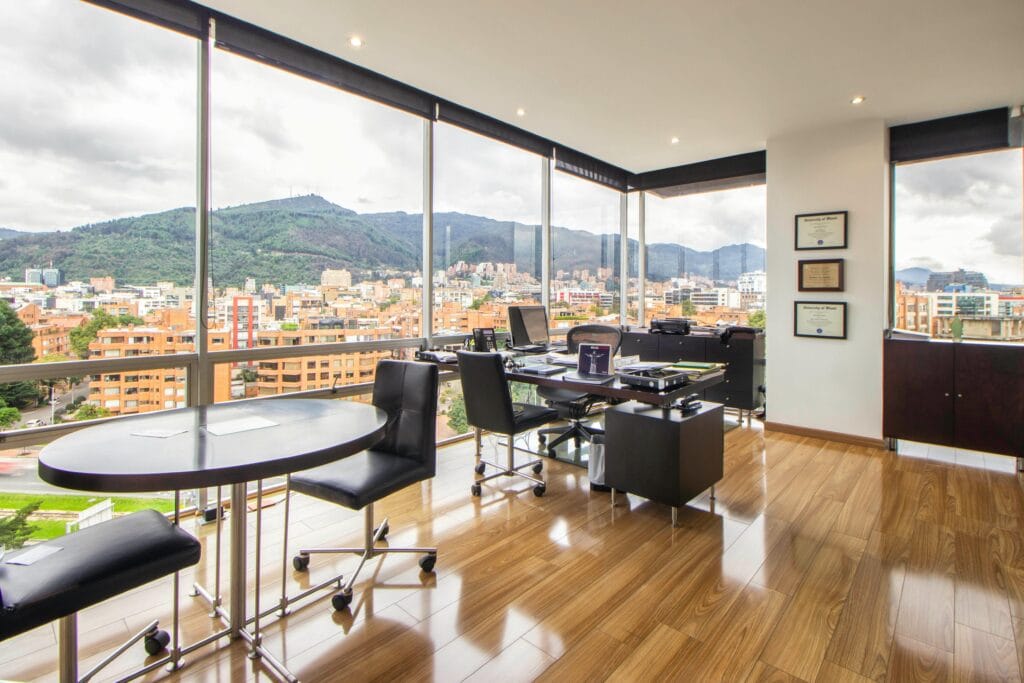In the high-stakes world of luxury retail, location isn’t just everything—it’s everything. And in Hong Kong, where prestige and visibility directly influence brand equity, a new leasing trend is raising eyebrows and setting a new standard: Elements Mall’s “Gold Pass.” This exclusive offering allows premium brands to prepay three years’ worth of rent in exchange for guaranteed prime frontage in one of the city’s most luxurious retail hubs.
What does this mean for the broader commercial landscape—and what lessons can be drawn for businesses searching for office for rent Hong Kong style prestige and stability? Quite a few, actually.
The Appeal of Upfront Commitment
Luxury brands like Chanel, Cartier, and Louis Vuitton aren’t just investing in retail space—they’re making bold brand statements. By locking in top-tier storefronts through prepaid office rental Hong Kong agreements, they secure long-term visibility and brand dominance in one of Asia’s most trafficked shopping centers.
- Strategic Location: Situated above Kowloon Station, Elements Mall is a gateway for elite foot traffic—ideal for businesses looking to anchor themselves in a high-income demographic zone.
- Guaranteed Stability: In a volatile market, the “Gold Pass” eliminates rent fluctuations and renewals for years, giving brands the freedom to focus on sales and customer experience.
This tactic isn’t exclusive to retail. Forward-thinking companies in tech, finance, and creative industries are now using similar long-term lease strategies to establish their offices in premium towers nearby—redefining expectations around office space rental Hong Kong.
From Retail to Offices: Lessons in Premium Positioning
Just like luxury brands want foot traffic, ambitious startups and enterprises crave access to talent, amenities, and networking. The areas surrounding Elements—Tsim Sha Tsui and West Kowloon—are now buzzing with high-end serviced offices, executive suites, and coworking space options designed to deliver more than just a desk.
Take the case of Nimbus Tech, a fintech company that recently moved into a flexible office solution adjacent to Elements Mall. By choosing a short-term lease in a fully equipped workspace, they bypassed long setup times and tapped into a ready-made business community with:
- Biophilic design elements to boost morale
- Modular, open-plan layouts that encouraged collaboration
- High-speed internet, meeting rooms, and curated networking events
As their CEO puts it, “We didn’t just rent space—we joined a community. And the proximity to luxury retail and transportation was a huge plus for attracting talent.”
Designing for Impact: The Rise of Creative Workspaces
Modern companies are increasingly seeking spaces that reflect their brand values and fuel innovation. The latest trends in creative office design—from greenery-infused breakout areas to ergonomic furniture and tech-enabled conference rooms—are not just aesthetic choices; they are strategic business decisions.
- Modern workspace design improves productivity and reduces turnover.
- Flexible office solutions cater to hybrid work models and team scaling.
- Affordable office space with high-end features levels the playing field for startups.
In particular, virtual offices and coworking spaces in the Elements area are attracting solopreneurs and small teams who want the prestige of a luxury postcode without the hefty overhead.
Seasonal Promotions and What to Watch
With summer approaching, many property managers are offering discounted move-in rates, waived service fees, or bonus amenities like complimentary meeting room hours. It’s the perfect time for businesses considering a move to “spring into a new office.”
Keep an eye on:
- End-of-year relocation incentives
- Flexible terms for startups and SMEs
- Networking opportunities that come bundled with coworking memberships
Final Thoughts
The “Gold Pass” concept is more than a headline—it’s a signal. Brands and businesses alike are willing to invest upfront for guaranteed long-term visibility and premium experiences. If your business is seeking its next move in a professional environment that enhances your image and operations, it might be time to explore what’s possible with the right office space rental Hong Kong has to offer.





